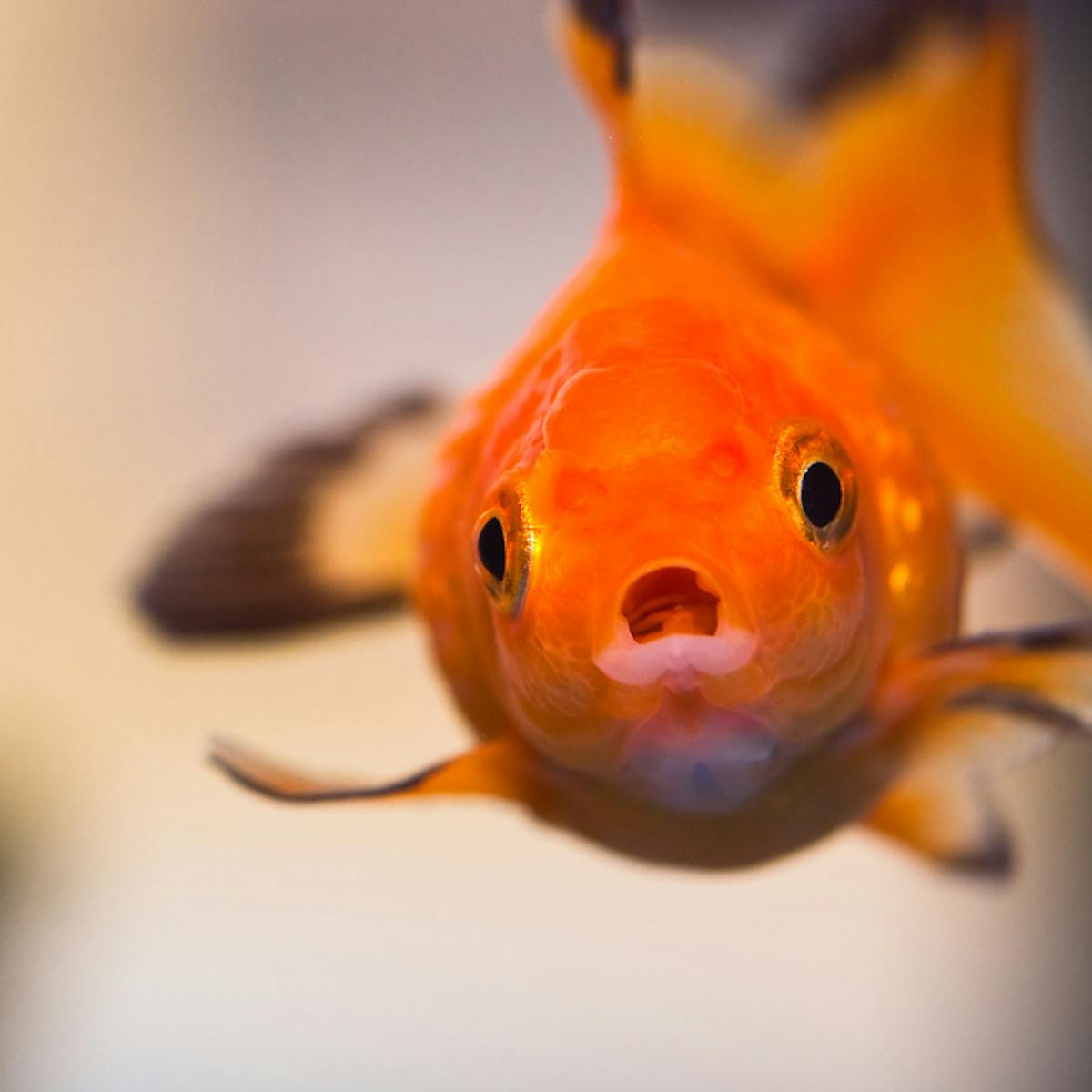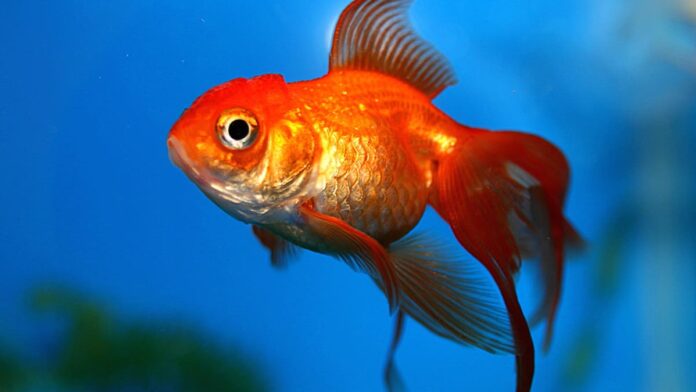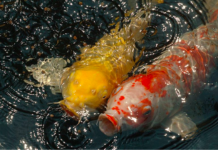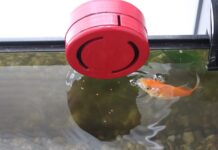Last Updated on March 3, 2024 by Fumipets
Goldfish Longevity
Having a goldfish as a first pet was a common occurrence for many individuals. The tiny, orange fish may be purchased at pet shops or given out as prizes during carnivals. They don’t have a reputation for living lengthy lives, however. Goldfish, given appropriate care, may live to be very elderly.

Typical Life Span
A pet goldfish may live for five to ten years on average. They may live up to 25 years in the wild. In fact, the world’s oldest goldfish was 43 years old. However, appropriate maintenance and a tank environment are essential for extending the life of your fish. Goldfish need a lot of attention. They need to be fed many times each week. The water in their tanks must be changed at least twice a month.

A Cool Fish
Goldfish like cold water, so their aquariums should be kept between 65 and 68 degrees Fahrenheit. However, use caution. Goldfish in general like cooler water, however fancy goldfish like black moors, veil-tails, and orandas do not. Goldfish grow more sensitive to the restricted supply of oxygen as the temperature in the tank rises. Before you set the water temperature in your goldfish’s tank, make sure you know what kind of goldfish you have.

Room To Grow
The majority of first-time goldfish owners, particularly parents who gift goldfish to their children, buy tiny circular bowls as aquariums. Goldfish, on the other hand, need space to develop. Small areas limit the fish’s development and make them more susceptible to disease. For no more than 35 ounces of goldfish, owners should have a tank of at least 20 gallons. The dissolved and particulate organic carbon content of the water increases as the number of fish in the tank grows, increasing the bacterial burden in the water. A crowded fish tank or aquarium is ripe for disaster. These aquariums should also include air pumps to maintain an appropriate amount of oxygen in the water.

Nutrition
Goldfish, like every other pet, need to be fed properly. Look for high-quality flake foods and add freeze-dried meals and vegetable matter to round out your diet. You may also offer your fish a treat like daphnia, which are small crustaceans that look like fleas. Never give your goldfish too much food. This is the most frequent error made by new goldfish owners. Excess fish waste may result from too much food in the tank. Uneaten food may also degrade rapidly, releasing organic and inorganic chemicals that might upset the chemistry of an aquarium. Cloudy water, algae development, fungus and mould patches, hair-thin worms, and low dissolved oxygen levels are all signs of overfeeding.
https://www.youtube.com/watch?v=AkERbjVbkLE


















